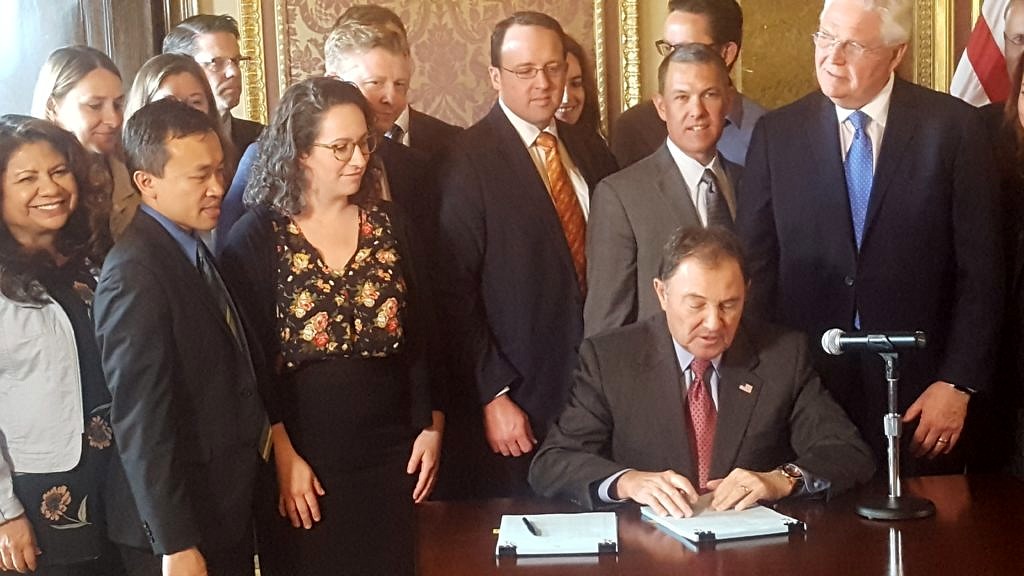
In March of 2017, Utah adopted sweeping juvenile justice reforms designed to reduce the number of youth in out-of-home placement by 47 percent over five years.
With the passage of this legislation, Utah has shifted its focus from removing youth from their homes to expanding options for the courts and law enforcement, freeing up $70 million in state funds for reinvestment into early interventions and evidence-based programs for youth in the community.
- Requires pre-court diversion for misdemeanors, status offenses, and minor infractions if the youth has limited prior history;
- Tailors eligibility for custody in the juvenile justice system for those youth who pose the highest risk to public safety;
- Eliminates the option to place youth in the custody of a child welfare agency for delinquency and status offenses without a finding of abuse, neglect, or dependency.
- Sets a presumptive length for the juvenile justice system’s out-of-home placement and probation terms with exceptions for serious offenses and youth completing essential treatment;
- Sets a maximum on court-ordered financial obligations; and
- Expands investment in evidence-based, in-home community services.
H.B. 239 sets a strong precedent for reform and makes Utah a national leader in comprehensive juvenile justice reform.